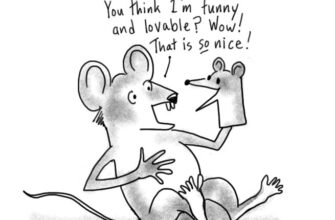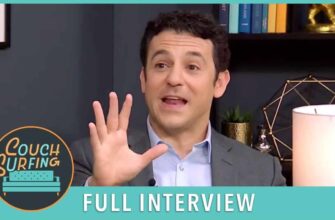So many articles discuss the need to relax. “Anxiety,” they say, “is counterproductive to getting work done.” Is this true or are these authors really more interested in promoting (or justifying) the comfort associated with leisure time? I buy into Dr. Sheldon Cooper’s theory of anxiety optimization.
On a recent episode of The Big Bang Theory, Sheldon was working towards the discovery of a scientific breakthrough. Frustrated with his lack of progress and tired of staring at a blank white board, he visits his neighbor Penny who is grunting through her workout. Sheldon is puzzled by her willingness to do the exercises even though she does not enjoy it. He then realizes that his pleasant work environment may be hindering his productivity. Thus begins Sheldon’s efforts to find his anxiety sweet spot.
Contents
- I need to irritate you to find your optimal anxiety zone. You said no to tickling, polka music, or watching me eat a banana.” —Amy Farrah Fowler, neurobiologist and Sheldon’s girlfriend
- Is my work environment too comfortable?
- Can it wait?
- Are you too happy?
- How long should I cry before it’s considered to be excessive?
- Share here:
I need to irritate you to find your optimal anxiety zone. You said no to tickling, polka music, or watching me eat a banana.” —Amy Farrah Fowler, neurobiologist and Sheldon’s girlfriend
You may laugh at Sheldon’s attempts to find the perfect level of anxiety-provoking stimuli, but scientific research has validated the benefits related to moderate stress. Going back to 1908, Harvard psychologists Robert Yerkes and John Dodson postulated that, to a point, anxiety enhances performance. As demonstrated in the graph below, the Yerkes-Dodson curve shows the brain learns best when stress hormones are mildly elevated; however, when anxiety gets too high, performance suffers.
A little anxiety enables us to juggle multiple tasks and keeps us on high alert for potential problems. It motivates us to succeed without getting so anxious that our performance drops. The trick is to find your “anxiety sweet spot,” that point when you feel pressure to perform, but are not debilitated with fear. This is not easy to balance, but there are a few questions you can ask yourself to get started.
Is my work environment too comfortable?
This may not sound like such a bad thing, but provoking anxiety involves a touch of discomfort. Get a less cushiony chair. Adjust the A/C. Open your office door so more noise flows in. Do something that evokes anxiety-producing situations.
Can it wait?
Procrastination is a great way to get the blood pumping. With a looming deadline, you may work harder and faster. Be sure to give yourself adequate time to complete the task, but not so much time that you feel comfortable checking your Facebook status.
Are you too happy?
It’s nice to be happy, but as I wrote last year, happiness is the outcome of achieving a goal; it is not the goal. Instead, build some anxiety with anger. According to research, angry people are more likely to feel optimistic and take action. Plus, that burst of a strong, negative emotion can get someone past their fear long enough to make a decision.
How long should I cry before it’s considered to be excessive?
If you are asking yourself this question, you may have overdone it. At these times, you need to stop purposefully inducing anxiety. Try to relax so you can focus. Get some perspective on the situation. If this doesn’t work, seek help.
A little anxiety will help you focus your efforts and perform at your best. Don’t allow yourself to mentally check out, but don’t go so far that you are freaking out. A little experimenting and you’ll find your optimal anxiety zone. Bazinga!






